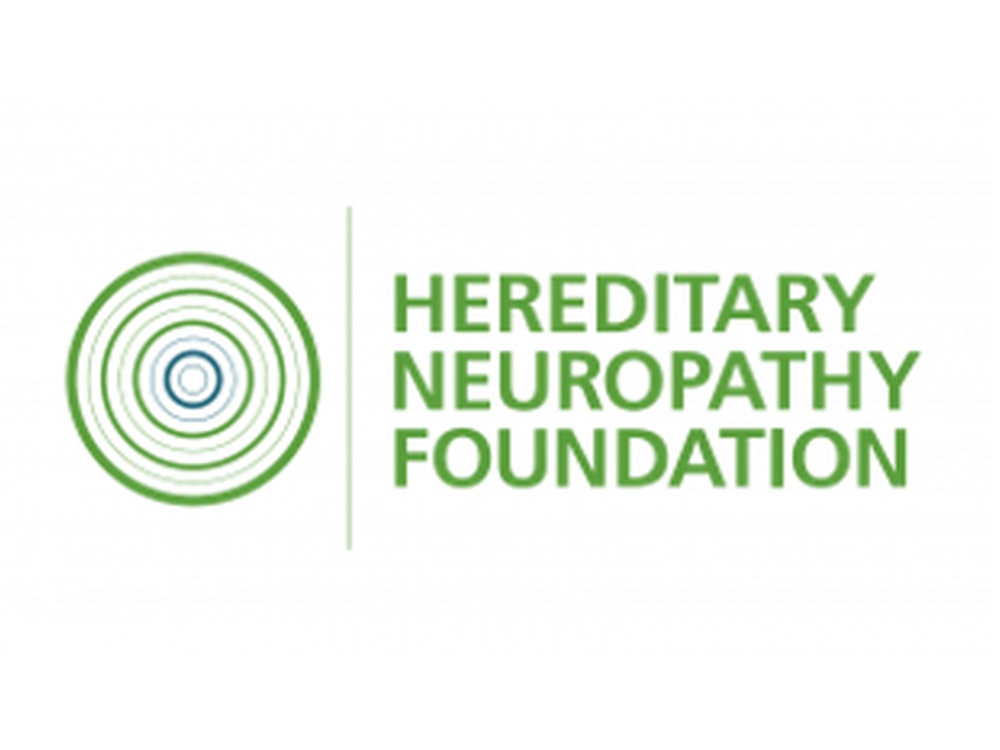What is this trial about?
Individuals with disease-causing variants in MTRFR (previously called C12orf65) gene can have a number of symptoms including visual impairment caused by optic atrophy, weakness in the arms and legs (caused by neuropathy), difficulties with balance (ataxia) and, in some people, learning difficulties. There is however some variation in how the signs and symptoms of this type of mitochondrial disease show in different people and therefore not everyone with a disease caused by a variant in MTRFR has a clinical diagnosis of CMT6.
The aim of this study is to better understand how the disease caused by genetic variants in the MTRFR gene affect individuals and how it progresses. This is a very rare condition and therefore having a database of clinical data enables better counselling of newly diagnosed individuals as well as being the starting point for any future treatment developments and/or clinical trials.
Who can take part?
We are recruiting individuals of any age with a confirmed (or likely) MTRFR/C12orf65 disease-causing variant. Individuals from all over the world are welcome to take part as long as they are able to conduct the interviews in English.
What does taking part involve?
The study involves a 1- to 1.5-hour interview via Zoom or Teams where we go through your/your child’s medical history, family history, genetic diagnosis, birth and development history, clinical examination results, imaging or laboratory results, and similar clinical details. If you have any copies of medical notes, clinic letters or test results, we will also ask if you would be willing to share these with the study team.
Are there any risks or burdens?
We ask for 1 to 1.5 hours of your time for a virtual interview and for you to give us as much information as you have/can remember about your/your child’s medical condition.
Who will benefit?
There is no guarantee that you will benefit directly from taking part in this study. However, your participation in this study will enable doctors to gain a better understanding of how disease caused by MTRFR gene variants affects individuals and how it progresses over time. In turn, this information can be used in future research to aid clinical trials and development of treatments for the condition.
How do I find out more?
If you think you might be eligible and are interested in taking part in this research, or would like any further information, please contact the study team directly:
by email: [email protected]

